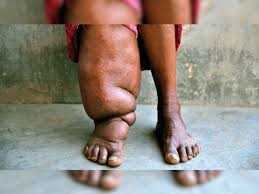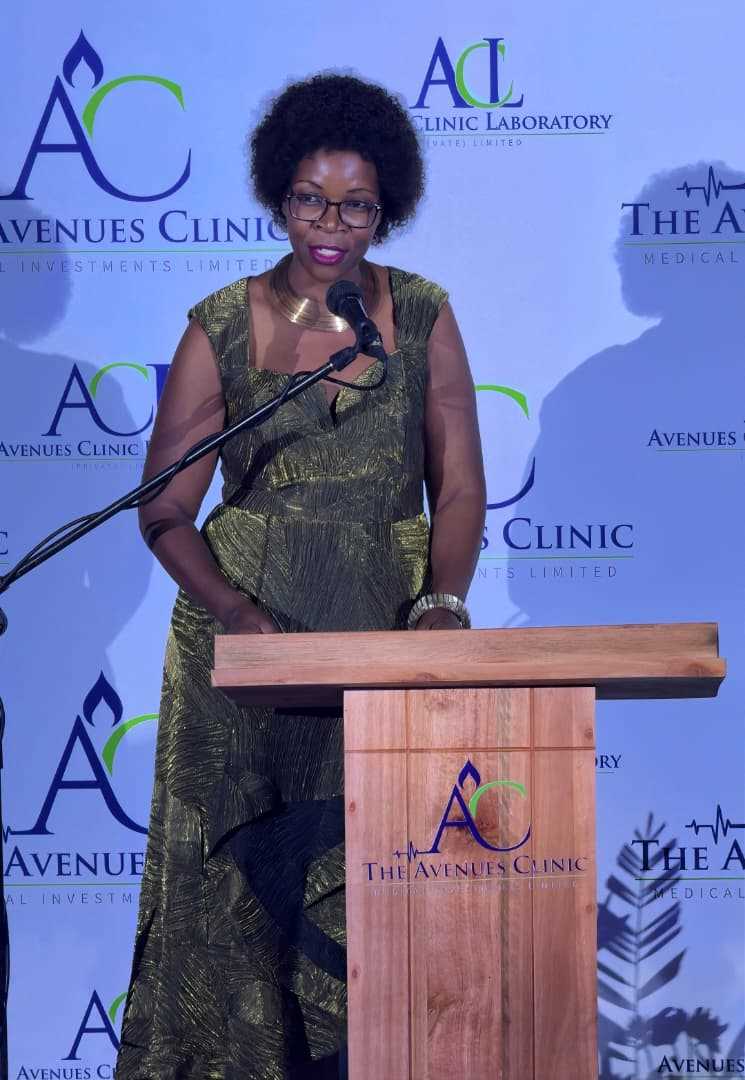
Zim Now Writer
Government has responded to the outbreak of elephantiasis launching a 10-day mass drug administration campaign in Mashonaland West.
The Ministry of Health and Child Care is spearheading this initiative, aimed at halting the spread of the disease.
This disease, spread by infected mosquitoes, affects the lymph system and has been reported in Kariba and Mhondoro Ngezi.
The outbreak in rural Kariba has been confirmed after several pupils displayed symptoms of illness.
Kariba legislator Shine Gwangwava revealed that 21 pupils tested positive for the disease. Affected schools include Kalundu, Mola, and Kauzhumba primary schools, each reporting two cases, while Kasvisva, Msambakaruma, Kanyati, Negande, and Kadziro recorded three cases each
Related Stories
“What worries us is that the disease affects several generations. The infection may have some lasting effects.
“It has affected many people along the Zambezi Valley, where we have some tributaries that provide good breeding sanctuaries for mosquitos,” he said.
Traditional leaders, such as Chief Negande, have urged local communities to cooperate with health officials and fully participate in the campaign. "If medical experts recommend this, we as traditional leaders support it. We encourage everyone to accept the medication," Chief Negande stated.
Mashonaland West's provincial health promotion officer, George Kambondo, confirmed that the campaign is based on research showing a high prevalence of lymphatic filariasis in Kariba. He encouraged communities to take advantage of the free drug administration, which includes three medicines designed to prevent the spread of this neglected tropical disease.
Health advocates like Itai Rusike, executive director of the Community Working Group on Health, have emphasised the importance of community engagement in combating NTDs. He called for more health education campaigns, better training for community health workers, and greater awareness of hygiene practices.
Rusike also highlighted the need for distributing treated mosquito nets and enhancing indoor residual spraying programs to control mosquito populations.
The World Health Organisation estimates that over 882 million people in 44 countries are at risk of elephantiasis, also known as lymphatic filariasis. Since 2000, WHO-led initiatives have administered over nine billion treatments globally, underscoring the need for preventive chemotherapy and sustained efforts to eliminate the disease.



















Leave Comments